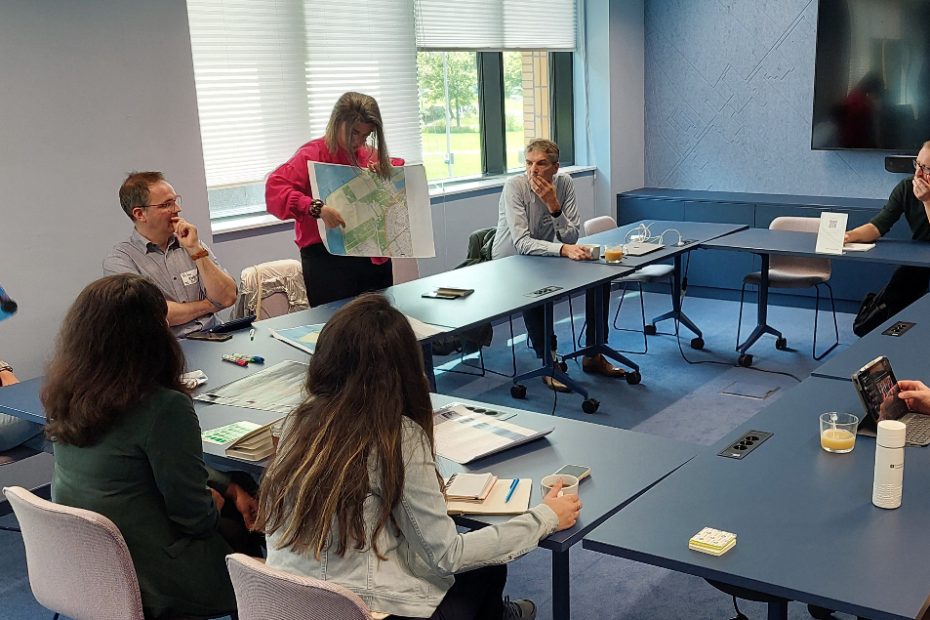We are sad to see Paola Huijding from Almere go, but we are pleased to welcome Gerry Koning to the team. We would like to share some insights from Paola’s experience in the XCARCITY Programme. We would also like to wish Paola all the best on her new adventure.
- Why did your Municipality see value in getting involved as a Use Case?
Participating in Xcarcity gave us the possibility to explore different scenarios outside our normal policy making process. We were curious to work with digital twins and to learn about their possibilities. It is a great way to connect science with our work.
2. What is your best memory of the first year of XCARCITY?
It was really inspiring to see how motivated everybody in the consortium is to learn more about the impact of urbanization on our mobility system. You can feel the energy in the consortium meetings. That’s something to cherish.
3. What inspired you the most about the XCARCITY for your Use Case?
I didn’t know much about digital twins. Working with Xcarcity has opened my eyes. Digital twins can really improve working with scenarios. That was an eye opener for me. I will take that knowledge with me for the rest of my career.
4. Which partner do you think you will meet again in your new job?
I think I will meet most partners of the consortium again. The work of Xcarcity is also a factor in my new job at the Ministry of Housing and Spatial Planning. And I will follow the Almere Pampus case.
5. What leaving suggestions do you have for the programme?
For new programs it’s good to realize that a research program has its own pace. I didn’t realize that it takes time to recruit phd-candidates and for them to start their work. That’s different than when you contract a consultancy firm. But good to see that our program is up and running now.
6. What result do you hope to see when we invite you for the closing meeting at the end of the program?
I hope the results will be presented in a way that many people can access them. And that they will be used in a lot of decision-making processes in municipalities, provinces and the national government. So that our work really has an effect.
